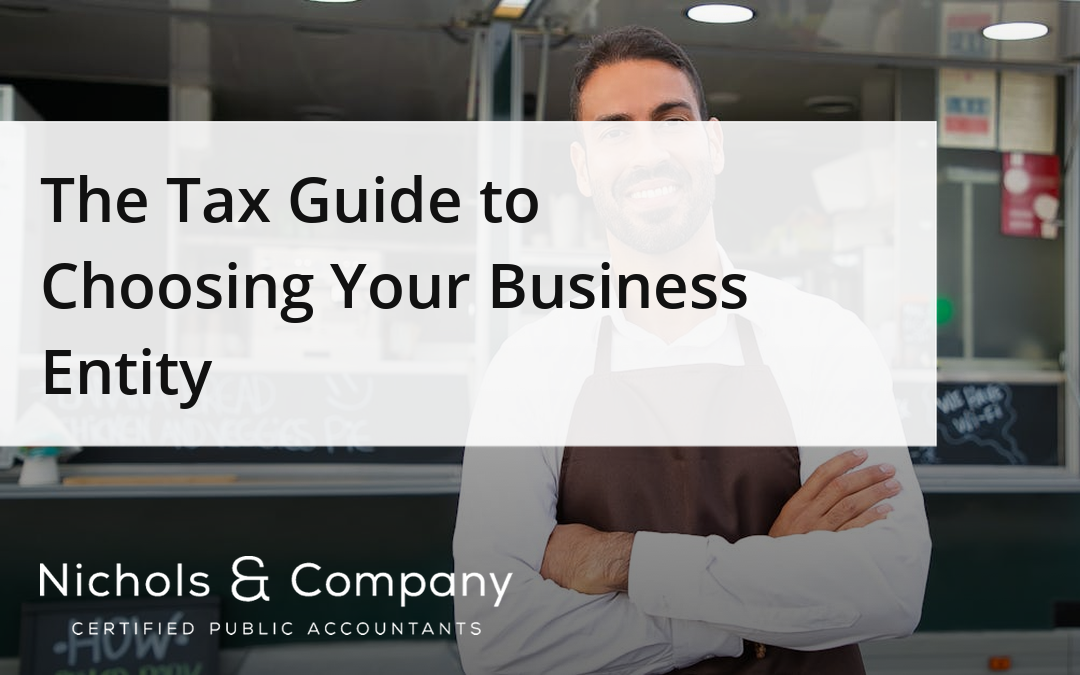Starting a business is exciting, but choosing the right entity structure can feel overwhelming. The decision you make can impact your tax obligations for years to come, so let's break down the tax pros and cons of each option to help you make an informed choice.
Before we dive in, we realize it is very likely you have already set up your company as a Limited Liability Company (LLC). This is an important first step. However, once you have set up the LLC, you will then need to choose the taxing entity that works best for you.
Sole Proprietorship
- Best for: Solo entrepreneurs starting out
- Taxation: Income is reported on your personal tax return (Form 1040, Schedule C)
- Pros: Simple setup, no separate tax filings
- Cons: No liability protection; self-employment taxes apply
Partnership (General or Limited)
- Best for: Two or more owners sharing profits and responsibilities
- Taxation: Pass-through taxation; income may be subject to self-employment tax
- Pros: Flexible options for allocating income among partners
- Cons: Partners pay self-employment tax; shared liability in general partnerships
S Corporation (S Corp)
- Best for: Small businesses with stable profits and US-based shareholders
- Taxation: Pass-through taxation; owners must receive a “reasonable salary” for services rendered
- Pros: Potential tax savings on self-employment taxes
- Cons: Strict eligibility rules; more IRS scrutiny around compensation of shareholders
C Corporation (C Corp)
- Best for: Businesses planning to reinvest profits or seek outside investors
- Taxation: Double taxation—corporation pays tax on profits (using Form 1120); shareholders pay tax on dividends
- Pros: Unlimited growth potential, easier to raise capital
- Cons: Double taxation; more complex compliance
The Bottom Line: Context Matters
There's no one-size-fits-all answer. Your ideal tax election depends on your business goals, growth plans, number of owners, and risk tolerance. Remember, you can change tax entity elections as your business evolves - though this requires careful planning to manage tax consequences.
Whether you operate as a sole proprietorship, formal partnership, S Corp, or C Corp, the key is making an informed tax entity election that aligns with both your current situation and future aspirations. After all, the right choice today can save you significant taxes and headaches tomorrow.
As part of our commitment to making your life #LessTaxing, we personally guide our clients through the selection process. Contact us to discuss which tax structure makes the most sense for your unique situation.

